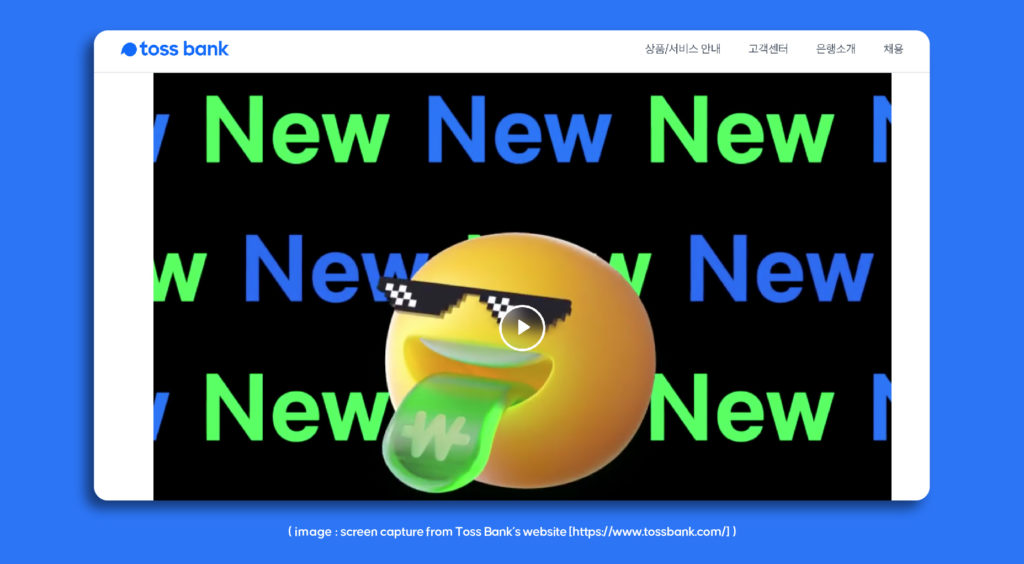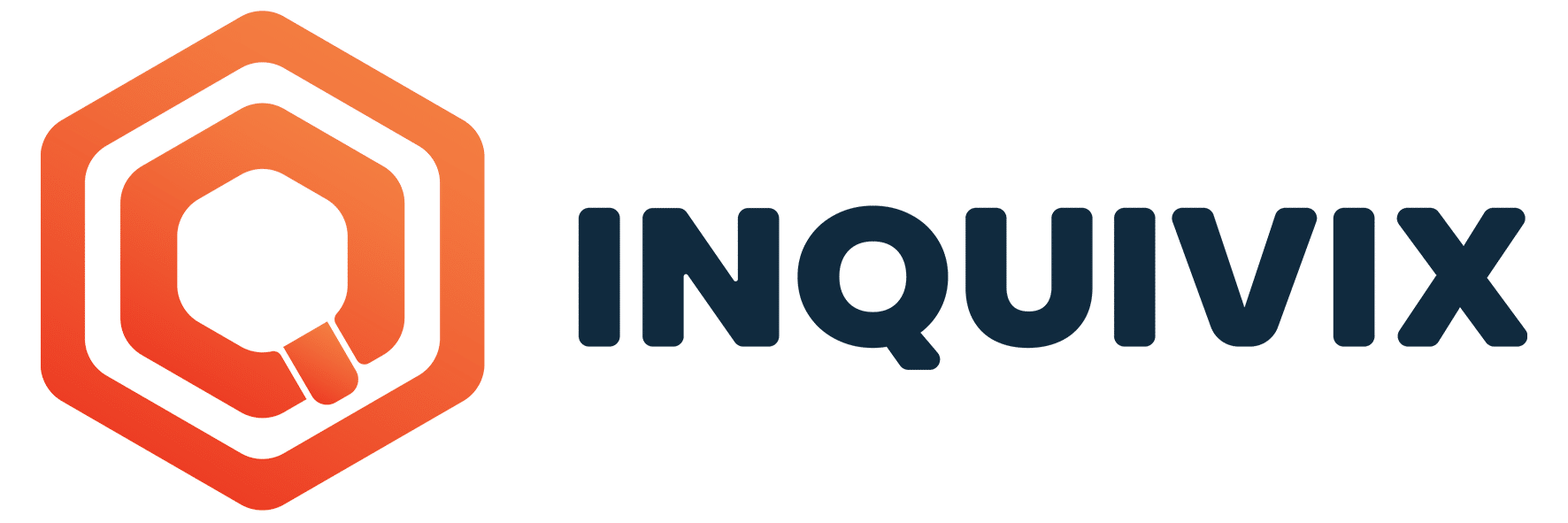Inquivix HQ
1-903, 18 Eonju-ro 146-gil,
Gangnam-gu, Seoul, Korea
06057

Hey everyone! Welcome to the latest issue of Inquivix Insights. In this issue, we’ll be discussing everything from the latest trends in the retail industry and marketing in South Korea. We hope you find this information helpful and insightful. As always, feel free to reach out to us with any questions or comments. Have a great day!
The Other Side of Ecommerce: No Simple Solution for Black Consumers

The issue of black consumers has recently reappeared, prompting e-commerce firms to take action. When consumers make unreasonable demands for product damage or product value reduction, it’s impossible for businesses to fulfill those expectations. According to an industry source, “The reality is that it is difficult to respond because there are no clear standards for black consumers.” At the moment, most of the damage goes to the sellers. According to an official in the e-commerce sector, the fact of the matter is that there is no clear standard for black consumers, and it’s difficult to respond appropriately.
The Retail Industry Continues With YouTube Marketing

The retail sector continues to collaborate with social media influencers. The industry continues with the promotion of simple products to subscribers through influencers. In addition to that, the industry collaborates with influencers in several ways, such as the development of items directly in collaboration with food-focused YouTubers. YouTubers can also profit from cooperation with businesses through production and promotion contracts, which may help them develop robust sales channels.
Toss Bank’s Response to “Forced Marketing Consent”

Toss Bank was discovered to have required customer consent to “receive advertising information” while providing loan limit inquiry services. It is against the law for financial companies to demand consent to non-essential information under the guise of providing services. Toss Bank stated that the error was inadvertent and that it resulted from an attempt to improve the visuals.
The E-Commerce Industry Continues to Grow with Both Sales and Losses

Despite rapid growth, major e-commerce firms such as Coupang, SSG Dotcom, Lotte On, and 11th Street all reported losses in 2021. As the e-commerce industry’s survival competition in the three-tier system of Naver, Coupang, and Shinsegae intensifies, there are concerns that the deficit will not be reduced this year.
Naver’s Mobile AI-Based ‘Green Dot’ Has Been Reorganized despite User Concerns

On the 31st of March, Naver will discontinue the services of its previous mobile version. Despite the reorganization focused on “Green Dot,” which includes searching and AI technologies, users of the old version are expressing their discontent. Some people are concerned that the main screen may be redesigned to incorporate curation and follow in the footsteps of Daum‘s app.
Iron Source Launches App Marketing Software ‘Iron Source Luna’

IronSource has released its app marketing solution, IronSource Luna, according to the company. IronSource Luna combines the capabilities of Luna Labs and Bidalgo which were acquired by IronSource last year, as a platform dedicated to cross-channel app marketing. With this new service, interactive advertising materials can be quickly created and distributed to major marketing platforms.
‘Mobidays’ to Enter Kosdaq with an Operating Profit of 10 Billion Won in 2021

Mobidays has set a new sales record of KRW 18.6 billion and an operating profit of KRW 10 billion in 2021. According to SeatGeek, ad billings have increased by more than two times in the digital marketing service compared to 2020, owing to the synergy between the ecosystem-building business model and ad-tech owned. By optimizing marketing efficiency with ad-tech, Mobidays achieved a high operational profit rate that was more than twice the industry average. With this increased performance, Mobidays is scheduled to enter the KOSDAQ in June.
Conclusion
As we can see, the retail industry is still alive and well. Despite difficult customers and allegations of forced marketing consent, businesses continue to thrive by working with influencers and developing new technologies. eCommerce continues to grow at an impressive rate, even in the face of losses, and Naver moves ahead with its new mobile interface despite customer concerns. What will the future hold for these industries? Only time will tell. In the meantime, we should all keep our eyes open for new developments and exciting innovations in the market of South Korea. Come back for more insights from Inquivix!
